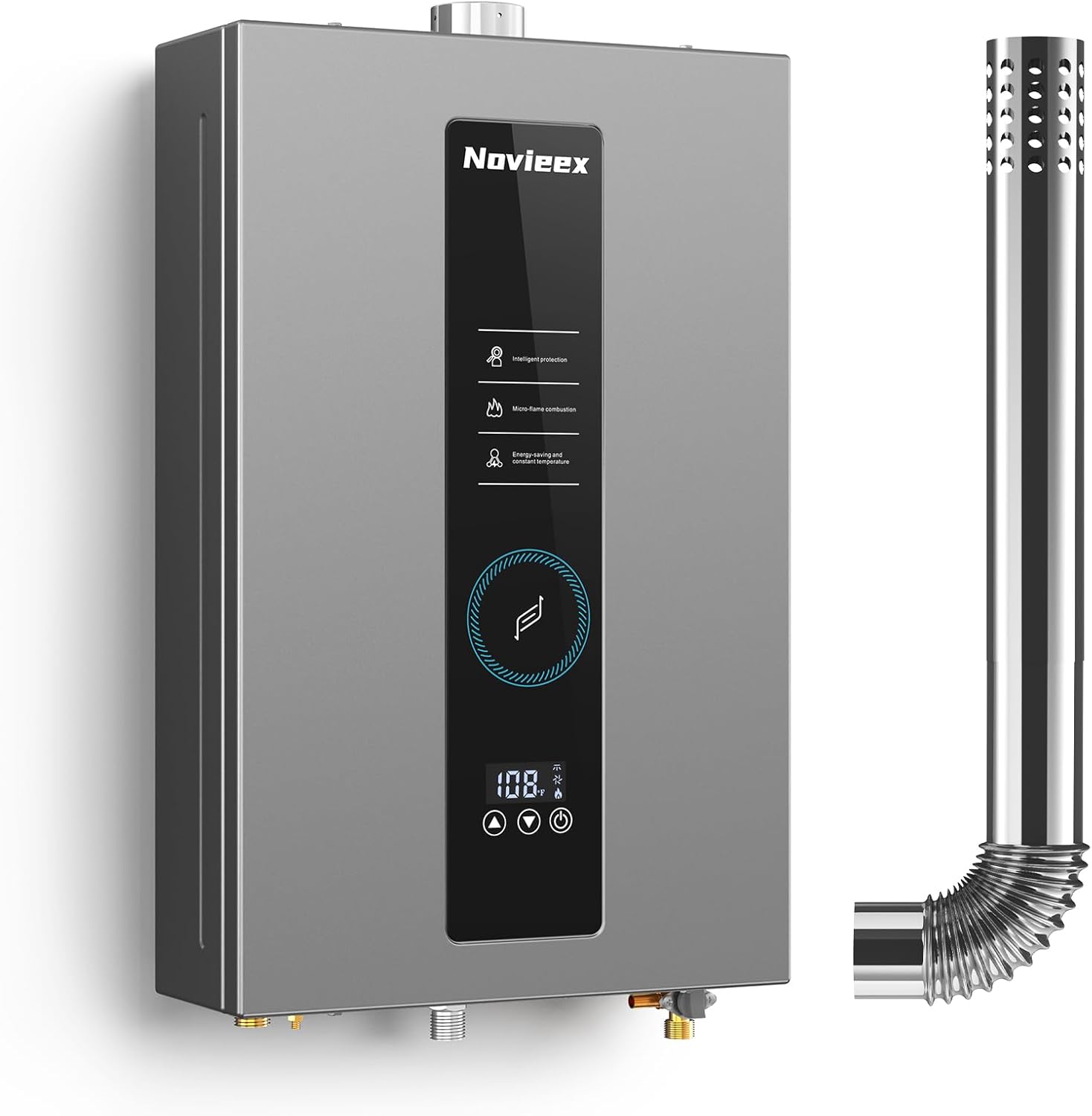Oil heaters can explode if improperly maintained or if there is a malfunction, leading to overheating, pressure buildup, or fuel leaks.
Oil-filled space heaters are popular for their silent operation and steady heat output. But many users wonder – can these devices actually explode? While rare, oil heater explosions are possible under specific conditions. Understanding these risks helps ensure safe operation.

How Oil Heaters Work
Oil heaters contain diathermic oil sealed in metal columns. An electric heating element warms the oil, which then radiates heat through the metal fins. Unlike combustion heaters, they don’t burn fuel – the oil simply transfers heat. This makes them generally safer than alternatives like propane space heaters.
Key Safety Features
- Sealed oil reservoir prevents leaks
- Thermostats prevent overheating
- Tip-over switches shut off if knocked over
- Cool-touch exteriors reduce burn risks

When Can Oil Heaters Explode?
While designed for safety, oil heaters can potentially explode if:
1. The Unit Is Damaged
Cracks in the metal housing can allow oil to leak onto hot components. This creates a fire hazard and potential for explosion if oil vapor ignites.
2. Safety Features Fail
If the thermostat malfunctions and the oil overheats, pressure can build up inside the sealed unit. This is when explosions are most likely to occur.
3. Using Non-Standard Oils
Adding or replacing the factory-sealed oil with improper fluids lowers the flashpoint, increasing explosion risks. The Mill 1500W oil heater specifically warns against this.
Real-World Explosion Risks
| Risk Factor | Likelihood | Potential Consequences |
|---|---|---|
| Tip-over with oil leak | Low | Small fire, minor burns |
| Overheating with safety failure | Very low | Possible explosion, serious burns |
| Improper oil replacement | Rare | Fire or explosion hazard |
Safety Tips to Prevent Explosions
- Inspect regularly for cracks or oil leaks
- Never modify or attempt to refill the oil
- Place on stable, level surfaces away from foot traffic
- Keep at least 3 feet from flammable materials
- Plug directly into wall outlets – no extension cords
- Turn off when unattended or sleeping
Oil Heaters vs. Other Space Heater Types
Compared to alternatives, oil heaters are among the safest options when used properly:
- Ceramic heaters: Lower surface temperatures but can overheat nearby objects
- Infrared heaters: No explosion risk but can cause severe burns on contact
- Combustion heaters: Higher risk of carbon monoxide poisoning and open flames
According to the Consumer Product Safety Commission, proper use of modern oil heaters presents minimal explosion risk. Most incidents occur with damaged or modified units.
What To Do If Your Oil Heater Malfunctions
If you notice any of these warning signs, unplug the heater immediately:
- Unusual noises (hissing, popping)
- Visible oil leaks
- Smoke or strange odors
- Discolored metal surfaces
Never attempt to repair a leaking or overheating oil heater yourself. Contact the manufacturer or a qualified appliance repair technician. For serious malfunctions, the National Fire Protection Association recommends replacing rather than repairing the unit.

